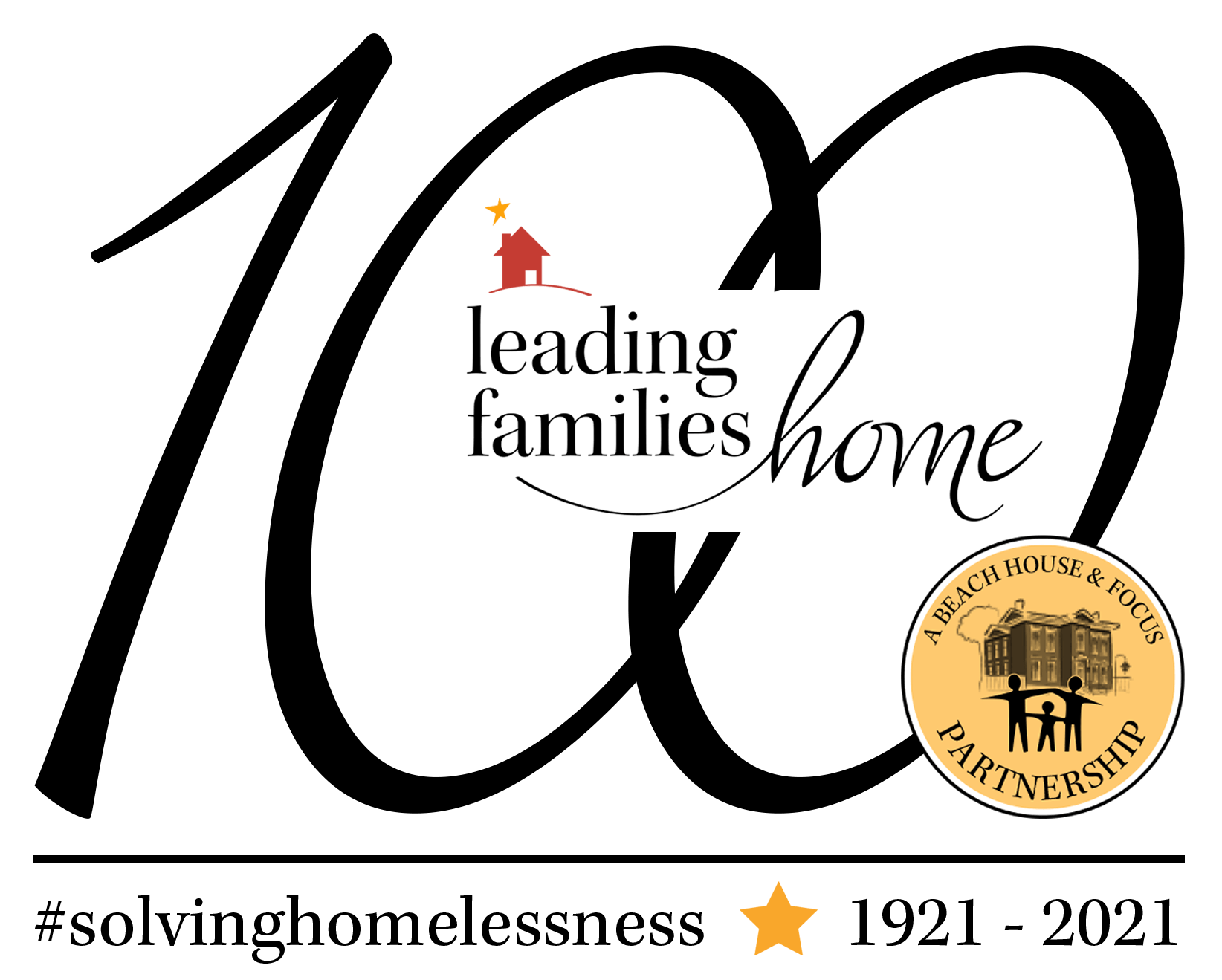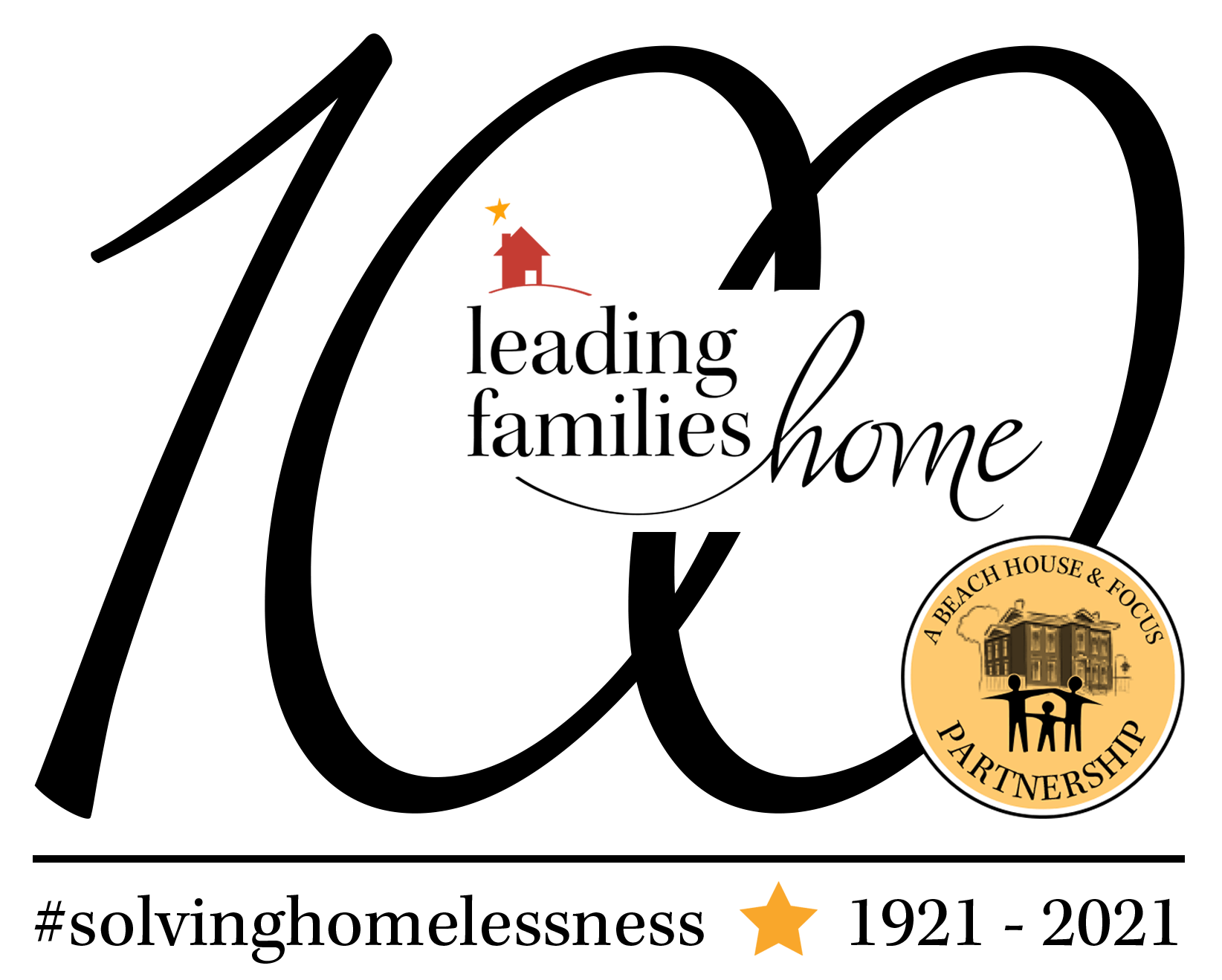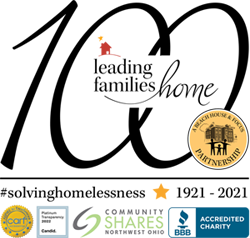Can Homelessness Be Predicted in Childhood?
It’s often difficult to understand why people behave in certain ways, especially if those behaviors are hurtful and negative. Why would a woman stay in an abusive relationship? Why would someone drop out of high school? Or engage in substance abuse?
What about experiencing homelessness? What makes someone more or less likely to become homeless?
Studies have found a connection between adversity experienced in childhood and health, behaviors, and life potential later in life. This adversity is called Adverse Childhood Experiences or ACEs.
The term comes from a study conducted by the Centers for Disease Control and Prevention (CDC) and Kaiser Permanente. This study identified three types of ACEs – abuse, neglect, and household dysfunction – and documented the relationship between ACEs and negative health and behavioral health outcomes in adulthood.
What are ACEs?
According to the CDC , ACEs are “potentially traumatic events” that take place during childhood (0 to 17):
- experiencing violence, abuse, or neglect
- witnessing violence in the home or community
- having a family member attempt or die by suicide
Included in this definition are aspects of a child’s environment that can cause trauma, such as growing up in a household with:
- substance misuse
- mental health problems
- instability due to parental separation or household members being in jail or prison
“ACEs are linked to chronic health problems, mental illness, and substance misuse in adulthood. ACEs can also negatively impact education and job opportunities. However, ACEs can be prevented.” ( Preventing Adverse Childhood Experiences, CDC )
Sadly, ACEs are common. In adults surveyed, nearly 61% reported at least one ACE. At Leading Families Home, 100% of our Participants have experienced at least one ACE, according to Andrea Bain-Frye, Steps to Health Clinical Director.
Toxic Stress
An adult who has experienced one or more ACEs may suffer from poor health and a lack of wellbeing. ACEs have been linked to higher risks of injury, sexually transmitted infections, teen pregnancy, and suicide. Additionally, those who experience ACEs are more likely to suffer from chronic diseases like cancer, diabetes, and heart disease.
Several years after the CDC study, the National Scientific Council on the Developing Child expanded the definition of ACEs to include environmental and community factors.
The council also coined the term toxic stress , defined as “…extensive, scientific knowledge about the effects of excessive activation of stress response systems on a child’s developing brain, as well as the immune system, metabolic regulatory systems, and cardiovascular system.” ( ACEs and Toxic Stress: Frequently Asked Questions , Center on the Developing Child, Harvard University.)
Toxic stress can change the way a child’s brain develops, leading to impairment in “attention, decision-making, learning, and response to stress.” ( Preventing Adverse Childhood Experiences, CDC ) A child who experiences toxic stress may find it difficult to form healthy and stable relationships in adulthood.
Not only may they experience poor relationships, they may also struggle to find and keep a job or manage their finances. Many also suffer with depression throughout adolescence and adulthood.
Homelessness
What is the link between ACEs and homelessness?
Housing-insecurity and homelessness increases a child’s risk of ACE exposure. Many homeless children have a caregiver (adult experiencing homelessness) “with untreated mental illness and substance use disorders.” ( ACEs Fact Sheet, National Healthcare for the Homeless Council )
The rate of major depressive disorders is higher among parents experiencing homelessness when compared to the general population. Children with a parent who has an undiagnosed mental illness are more likely to experience physical and emotional neglect.
Untreated substance use disorders affect 12.3% of homeless caregivers, which can adversely impact a child. Additionally, close to 33% of homeless children have a parent who is incarcerated. Incarceration of a parent has been “documented to increase the risk of child homelessness.” ( ACEs Fact Sheet, National Healthcare for the Homeless Council )
Preventing ACEs
Several strategies have been suggested by the CDC to encourage the prevention of ACEs. The following strategies are from Preventing Adverse Childhood Experiences by the CDC:
- Strengthen economic supports to families by strengthening household financial security and family-friendly work policies
- Promote social norms that protect against violence and adversity with public education campaigns, legislative approaches to reduce corporal punishment, bystander approaches, and engaging men and boys as allies in prevention
- Ensure a strong start for children through early childhood home visitation, high-quality child care, and preschool enrichment with family engagement
- Teach skills like social-emotional learning, safe dating and healthy relationship skill programs, and parenting skills and family relationship approaches
- Connect youth to caring adults and activities through mentoring programs and after-school programs
- Intervene to lessen immediate and long-term harms through enhanced primary care, victim-centered services, treatment to lessen the harms of ACEs, treatment to prevent problem behavior and future involvement in violence, and family-centered treatment for substance use disorders
You Can Change a Life
For our current and future Participants, the need for comprehensive services continues to grow. To meet that need, we have big plans. And big plans call for big dollars. We need your help. Will you partner with us to meet the needs of our community? You can give by PayPal , or by mailing a check to Leading Families Home, 2910 W. Central Avenue, Toledo, Ohio 43606.
Thank you for always being faithful partners in our mission — helping families transition from homelessness to permanent housing.Together we’ve got this.
Let’s Connect
Connect with us on social media to see the latest stories from our Participants, Board Members, Staff, and Volunteers!
You can support Leading Families Home by liking or following our accounts, liking and SHARING them on your social media accounts. Invite your contacts to like or follow us, too! Let’s spread the word, and end homelessness in Toledo!
Help Us Out
Leading Families Home is based in Toledo, Ohio. We are dedicated to fighting homelessness in our community – and we’d love your help! Please consider supporting our organization in one of the following ways:
Donate Online
Leading Families Home partners with PayPal for secure online payments. Click Donate Now to be taken to the secure donation page.
Mail a Check
To donate by check, please make the check out to Leading Families Home.
Mail your check to the following address:
Leading Families Home
2283 Ashland Ave.
Toledo, OH 43604
Other Ways to Donate
Shop with AmazonSmile
When you shop on AmazonSmile (smile.amazon.com) the AmazonSmile Foundation will donate 0.5% of the price of eligible purchases to the charitable organization of your choice. Learn more about AmazonSmile .
Use Kroger Community Rewards
It’s easy to donate with Kroger Community Rewards – just shop at Kroger, and swipe your Plus Card! Join Kroger Community Rewards .
Matching Gifts: Double Your Donation
Every year we have a Match Campaign – an exciting way for you to double your impact. During this campaign, our match partners will match your monetary donation to Leading Families Home.
Match partners also include corporate sponsors who match their employees’ donations. If you’d like to participate, find out if your employer matches employee donations to 501(c)(3) organizations and contact us .
Host a 3rd Party Fundraiser
Do you love to plan events? You can raise donations for LFH by hosting your own event! Have fun and make an impact on our community. Ask for donations instead of birthday gifts or baby shower presents.
Remember Us in Your Will
A Planned Gift allows you to donate in a very meaningful way. Contact your financial advisor or estate planner to learn more.





